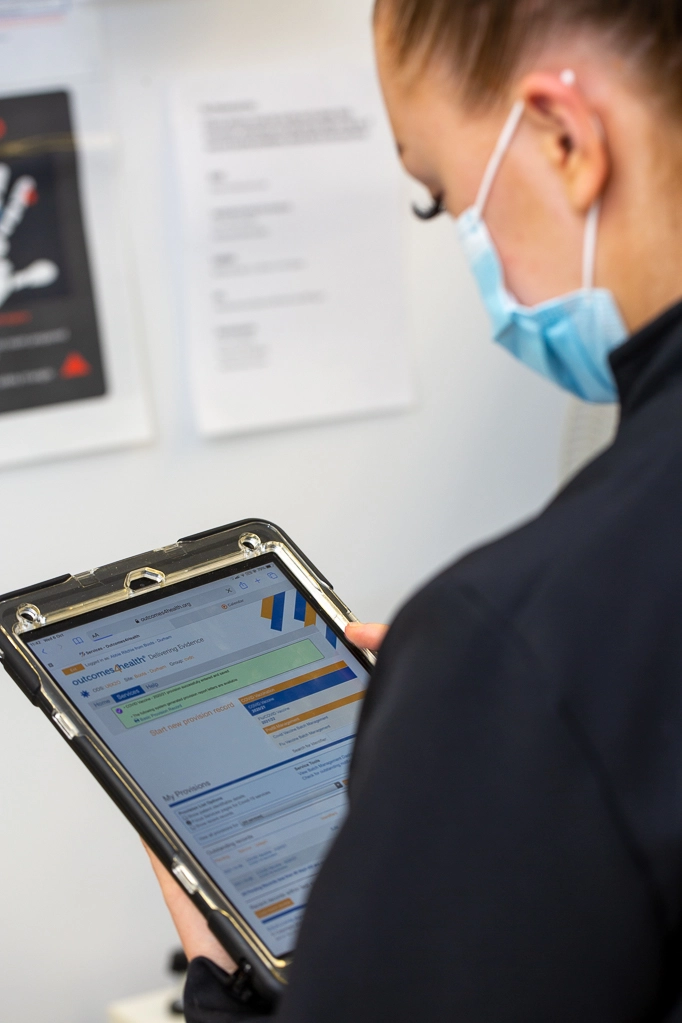LPC/LMC document on managing out of stock items
Medicine Shortages: A Briefing for GPs and Pharmacists
No doubt you are all acutely feeling the current challenges around medicines supply issues. This briefing explains some of the issues and the impact they are having.
1. Medicines supply: current situation for pharmacies and patients
*Community pharmacies are increasingly reporting that they are struggling to source certain medicines. In some cases availability is an issue; in others, medicines are available but only at significantly inflated prices.
*Pharmacy teams are having to spend a lot of time sourcing medicines, sometimes having to contact up to seven or eight wholesalers to find a medicine. This can lead to delays for patients needing the affected medicines.
*Community pharmacists use a range of measures to ensure patients can access medicines in short supply, including: o “Staged” dispensing – this is where pharmacies only give patients some of their medicines and ask them to come back to collect the rest of the prescription later. o Liaising with GPs to find alternative medicines that may be suitable for patients. o Making many phone calls to different suppliers to try to find the medicines that their patients need. o Seeing if stock may be available in other local pharmacies.
2. Medicines supply and pricing
*Supply issues are not a new phenomenon, but there has been a recent surge in the number of generics affected.
*Medicines shortages can be caused by a range of factors, including manufacturing problems. Generics prices in England are also incredibly low compared to most parts of the world, which may make the market less attractive. Uncertainty around Brexit and contingency planning may be another factor currently exacerbating the issues.
*Pharmacies work hard to purchase medicines cost effectively, but shortages often lead to price increases.
*PSNC, the national community pharmacy negotiating body, have been pressing DHSC and the Pharmacy Minister for urgent intervention to ensure the resilience of the supply chain and the provision of services to patients. However, in the short-term, pharmacies must each month await the granting of so-called ‘price concessions’ which recognise where medicines are not available to purchase at Drug Tariff prices, and help pharmacies to pay the inflated drug prices.
*The Drug Tariff is a monthly publication of prices that DHSC will pay pharmacies for dispensing NHS prescription items. When a price concession is granted, it means that pharmacies will automatically be reimbursed at a price different to the one listed in the Drug Tariff. DHSC grants price concessions for products where they are only available at a price materially above the set Drug Tariff price.
*The applications that PSNC makes for price concessions only apply to the month in which they are granted, and DHSC requires PSNC to apply/re-apply for concessions on a monthly basis. With so many medicines currently affected, this is a work intensive process, and means that for much of the month pharmacies must buy medicines at high prices without knowing what they will be reimbursed for them.
*Medicine supply is a national issue, but there can be regional variation and supply and pricing issues can affect some individual pharmacies much more than others.
3. Impact on prescribers
*GPs may increasingly be contacted by pharmacies and asked to consider alternatives if stock is unobtainable.
*Prescriptions for alternative medicines may need to be issued so that patients can receive treatment more quickly.
*Medicine price increases can impact on local prescribing budgets, and CCGs should be aware of this risk.
*Patients should be encouraged to order repeat prescriptions in good time (but no more than seven days before it is required).
4. What can GPs and other prescribers do to help the situation?
*We ask that prescribers are willing to consider alternatives when pharmacies are unable to obtain stock at the Drug Tariff price. Pharmacists may call GPs to discuss possible alternative products and request new prescriptions for affected patients. Writing a prescription for an alternative medicine may be the quickest way for the patient to receive treatment.
*Prescribers should resist writing prescriptions for longer periods of time as this could exacerbate supply issues.
5. What can Pharmacists do to help GPs?
*Try to keep medicine changes to a minimum.
*Offer alternative equivalent available medicine suggestion to GPs when a drug is unavailable.
*Give an indication of when unavailable drug is likely to become available and possible warnings of predicted drug supply problems where possible.
*Maintain working dialogue with local practices to ease pressure on both sides.
6. Contingency planning and improvements
*PSNC, the national community pharmacy negotiating body, has asked the Government to help protect pharmacies from the impact of any supply issues, both financially and in terms of the additional workload.
*DHSC are working on contingency plans to ensure continuity of the supply of medicines after the UK’s exit from the EU with the support of stakeholders.
Medication-Unavailable-Alternative-Request-Form-v2.pdf
Dr Nigel Watson, Chief Executive Wessex LMCs
Mrs Fiona Castle, Chief Officer Community Pharmacy Swindon
Mrs Debby Crockford, Chief Officer Community Pharmacy South Central
Mrs Amanda Moores, Chief Officer Dorset Local Pharmaceutical Committee

